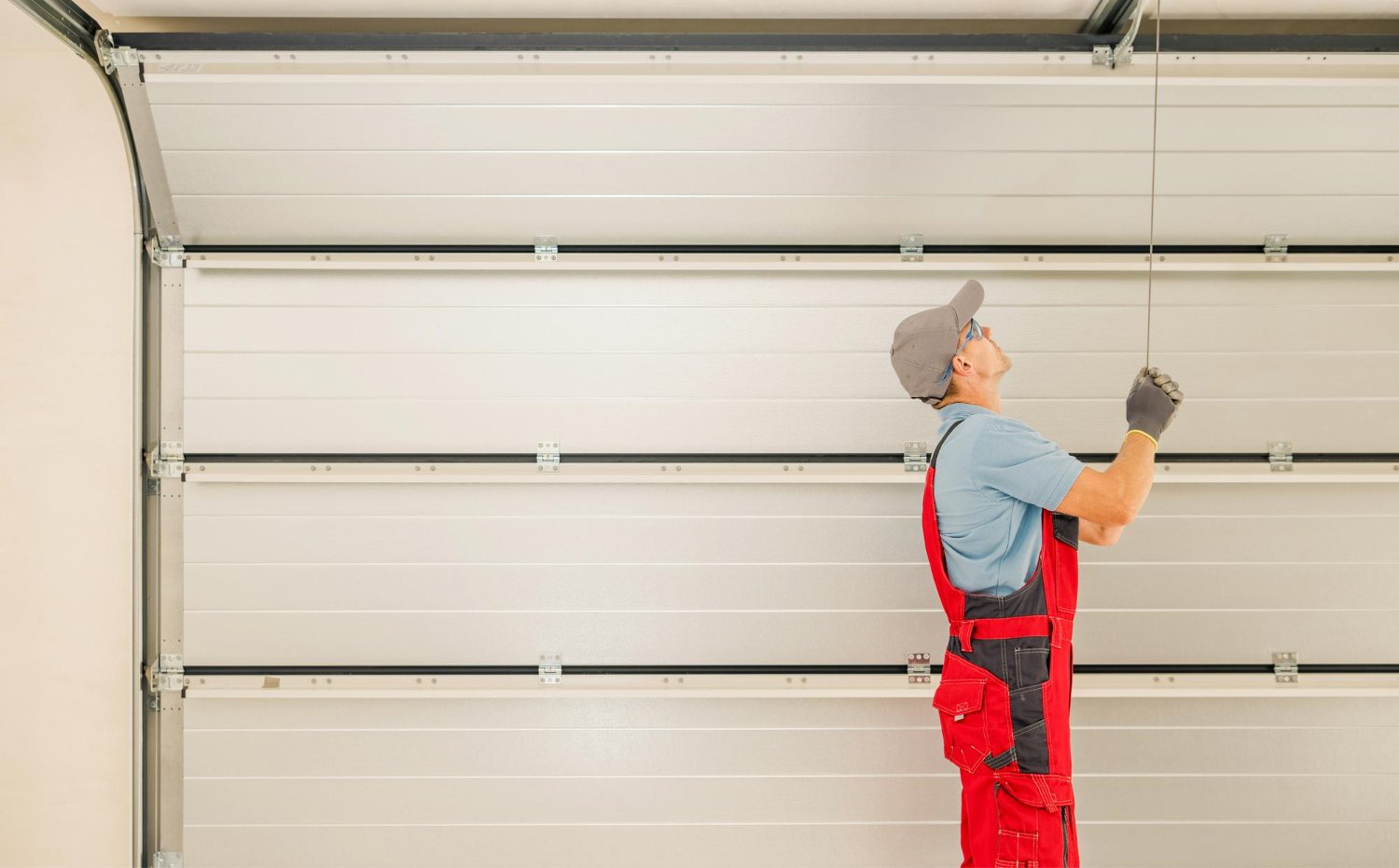
Silencing the Noise: Best 5 Tips for a Quieter Garage Door
A noisy garage door can be more than just an annoyance; it can disrupt your peace and alert the entire neighborhood to your comings and goings. Fortunately, there are practical steps you can take to minimize the noise and enjoy a quieter garage door. In this blog, we’ll explore the best five tips to achieve a quieter garage door operation.
1. Lubrication Is Key:
One of the most common causes of garage door noise is friction between moving parts. Regular lubrication of these parts, including rollers, hinges, and springs, can significantly reduce the noise generated during operation. Choose a high-quality silicone or lithium-based lubricant and apply it to all moving components at least twice a year. This simple maintenance task not only minimizes noise but also promotes smoother door movement and extends the lifespan of your garage door system.
2. Tighten Loose Hardware:
Over time, the constant movement of your garage door can cause nuts and bolts to loosen. This loose hardware can contribute to rattling and squeaking noises during door operation. Regularly inspect and tighten any loose nuts, bolts, and screws using the appropriate tools. Pay particular attention to the roller brackets, hinges, and track hardware. A garage door that is securely fastened will operate more quietly and efficiently.
3. Invest in Nylon Rollers:
The type of rollers your garage door uses can have a significant impact on noise levels. Consider replacing standard metal rollers with nylon rollers. Nylon rollers operate more smoothly and quietly because they produce less friction against the tracks. Additionally, they are more durable and resistant to wear and tear. While this may be a more significant upfront investment, the long-term benefits in terms of noise reduction and longevity are well worth it.
4. Install Anti-Vibration Pads:
Garage door openers can contribute to the noise level, especially if they are mounted directly to the ceiling or the garage door itself. To minimize vibrations and noise, consider installing anti-vibration pads between the opener and the ceiling. These rubber or neoprene pads absorb vibrations and reduce the transfer of noise to the surrounding structure. This simple addition can make a noticeable difference in the overall noise produced by your garage door system.
5. Schedule Professional Maintenance:
While there are several maintenance tasks you can perform yourself, scheduling professional garage door maintenance is essential for ensuring optimal performance and noise reduction. Professional technicians have the expertise to identify and address issues that may not be apparent to the untrained eye. They can also perform tasks such as balancing the door, aligning tracks, and adjusting the tension of the springs—all of which contribute to a quieter and more efficient garage door.
Conclusion:
A quieter garage door is within reach with these five practical tips. Regular maintenance, proper lubrication, and strategic upgrades can significantly reduce noise levels, providing you with a more peaceful and enjoyable garage environment. By investing time and effort into these simple solutions, you can transform your garage door into a silent and efficient component of your home.



